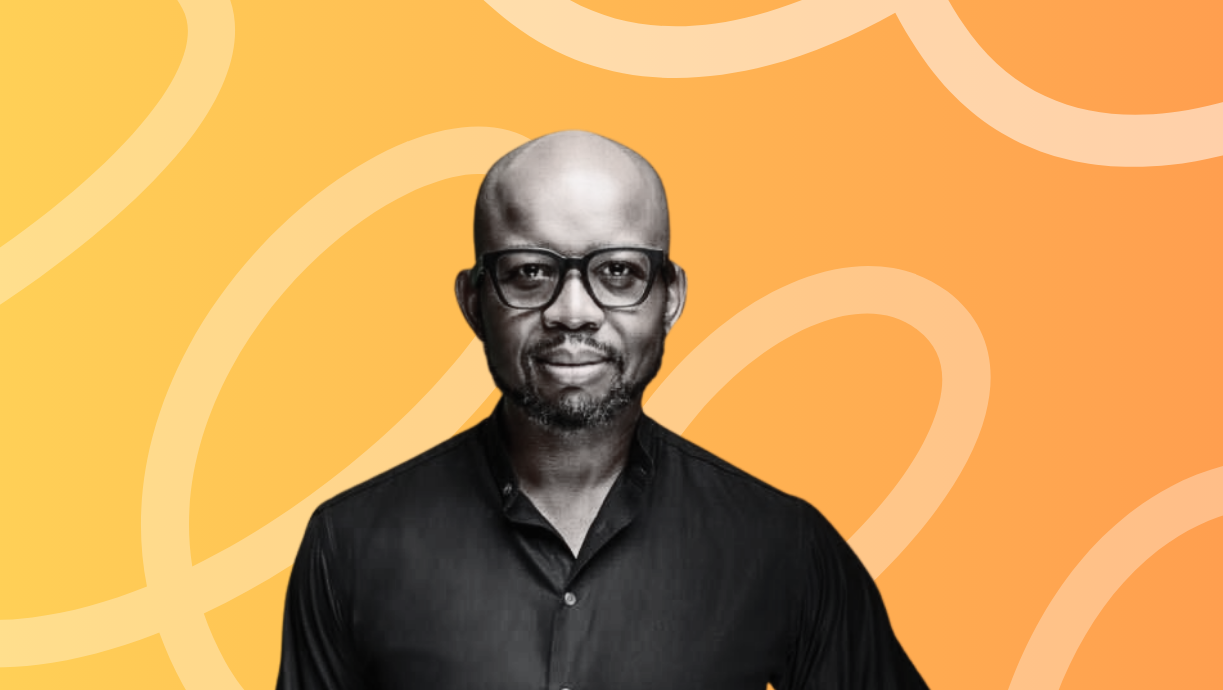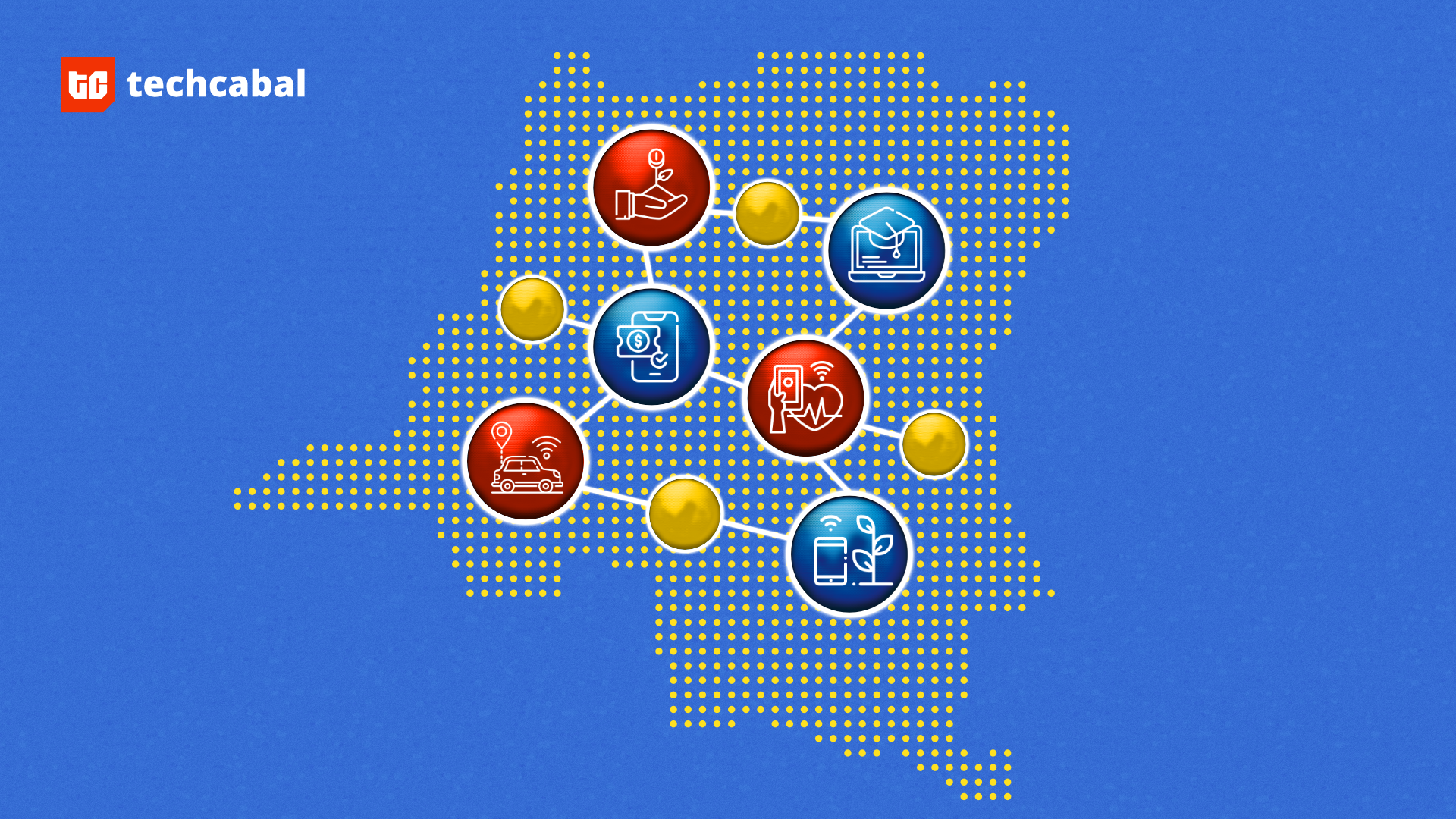Nigeria’s retail banking market is dominated by traditional banks valued at trillions of Naira and fintechs with deep war chests, but Sparkle MFB, a digital bank that provides financial, lifestyle, and business support services to Nigerians, isn’t bullish on the mass market. Instead, Sparkle launched in 2019 and licenced as a microfinance bank, wants to be the one-stop shop for affluent banking, which refers to personalised financial services for the middle class.
“From a cost perspective, the masses are expensive to serve,” argues Uzoma Dozie, Sparkle’s CEO. “You have to think of how much it costs to acquire customers. What is the cost of servicing these customers? What’s the revenue per customer?”
Sparkle is uninterested in metrics such as transaction value and number of customers but instead obsesses over value proposition. The digital bank wants to create long-term customer relationships and earn loyalty.
But some of those numbers matter anyway. Sparkle claims it processes 11,000 daily transactions for its 220,000 customers. Its app offers a mix of banking services for individuals and businesses. While individuals can use features like savings, bill payments, and money transfers, businesses can access inventory and invoice management, a payment gateway, tax advisory, and employee management. These offerings are because of partnerships with Visa, Microsoft, and PricewaterhouseCoopers (PwC) Nigeria.
Yet, the startup wants to do more and is keen to introduce insurance, securities, and investments on its platform. It will need more partnerships to provide these services.
There’s also Sparkle loans, a small-interest loan product with interest as low as 17% per annum. “We are going to lend at rates the banks do and at the speed of digital banks.”
For Sparkle, lending is based on willingness and ability to pay. The digital bank will rely on data points from transactions on its platform for loan decisions.
Huge bet on affluent banking
Sparkle, which raised $3.1 million from entirely Nigerian investors in 2021, is confident it can “handle affluent banking better than traditional banks” using artificial intelligence (AI). Dozie also believes his experience as a core banker is crucial.
“I think the benefit that I have that everybody doesn’t have in this space is that I have done banking for 20 years. While I was at Diamond Bank, we worked with fintechs to provide digital solutions.”
The digital bank is developing an AI chatbot that will act like a personal advisor or lifestyle concierge to its customers.
“The chatbot can process the data and give the customers an informed decision. It is more intelligent than any relationship officer you will have in any bank because you have access to global information, and it is available 24 hours a day.”
Dozie says Sparkle’s philosophy is to serve startups and small businesses that prefer digital banking. “We believe that digital is the future, and as infrastructure improves and people are pulled out of low-income, their only choice is digital. We are positioning ourselves for that,” he said.
Editor’s note: An earlier version of this article described Sparkle’s business model as private banking. It has now been corrected to affluent banking.





















